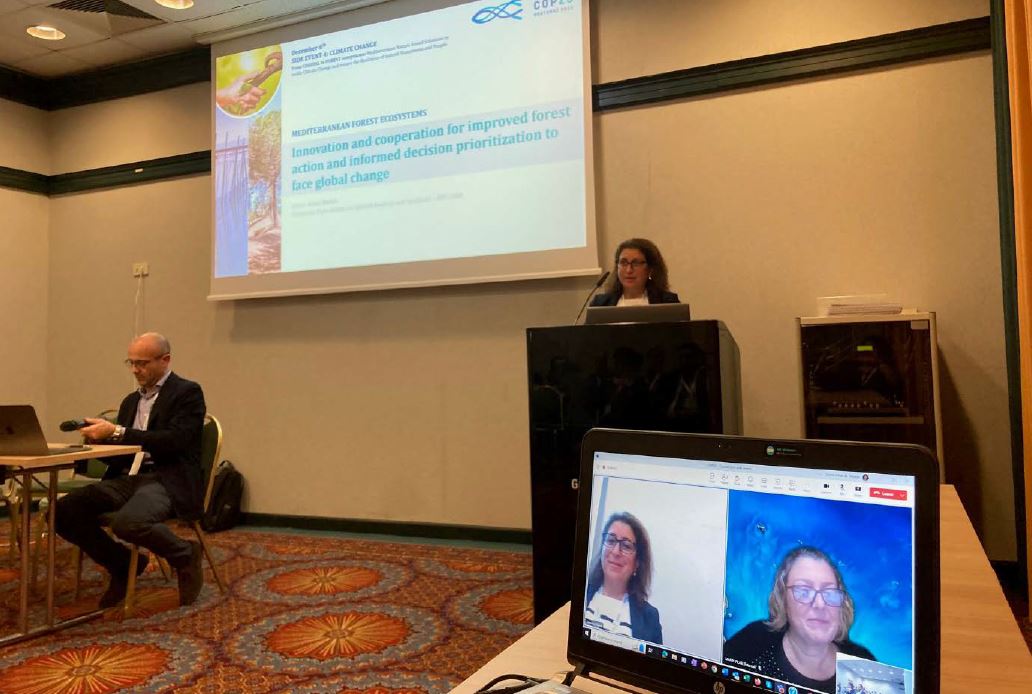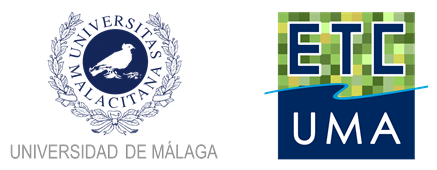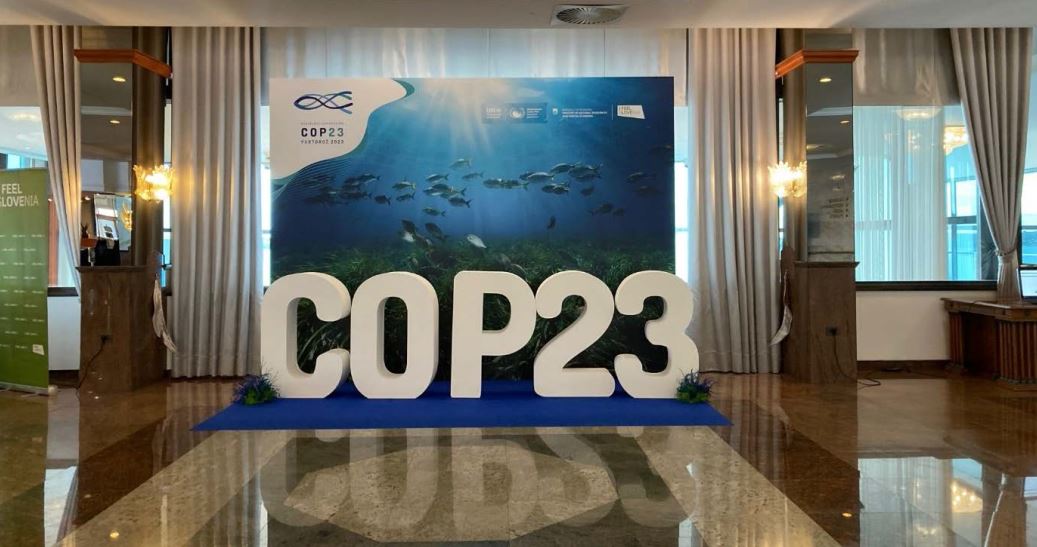As UNEP MAP partner organization, ETC-UMA recently engaged in the organization of a session with Mediterranean institutions under the topic of climate change, entitled: From COASTAL to FOREST ecosystems: Mediterranean Nature-based Solutions to tackle climate change and ensure the Resilience of natural Ecosystems and People.
Held during the Barcelona Convention COP23: Green transition in the Mediterranean: from decisions to actions: Moving from plans and programmes to concrete actions to ensure a prosperous and sustainable Mediterranean, the joint event on 6 December 2023 gathered participants at the Hotel Grand Bernardin in Portoroz, Slovenia and was co-organized with the IUCN Centre for Mediterranean Cooperation; MedWet and Tour du Valat as representatives of the Mediterranean Biodiversity Consortium; UNEP with FAO Silva Mediterranea as invited moderator, and the European Environment Agency as invited speaker for the conclusions.

This Mediterranean event was an opportunity to shed light on the multistakeholder work developed around forests and artificial intelligence at regional level, building on the results of the international workshop held in Malaga on 2 June 2023 in the frame of the ERDF funded project EnBiC2-Lab to develop an Environmental and Biodiversity Climate Change Lab through the integration of databases and services related to water, soil, air, fauna and flora. The main conclusions of the session are summarized below:
- Collaborative governance mechanisms are more effective for restoration, which needs of different competencies to gather multiple stakeholders and elements in a “eco-complex” region.
- A holistic and overall vision of Mediterranean ecosystems, where the connections between marine, coastal and terrestrial realms are considered, is crucial to achieve effective conservation / restoration and a reduction of the pressures that cause their degradation and increase the vulnerability of the people in need of these ecosystems’ services and goods to survive.
- Nature-based Solutions can be scaled up through various mechanisms, including international and Mediterranean Conventions, and should be done both through pilot actions as well as transferring mechanisms.
- Innovative tools and processes can enhance the production of knowledge bases to support policy, and taking them to regulatory processes, contributing to the science for policy approach.
- Sharing experiences and platforms can sustain complementarity and minimize duplication of efforts, assisting in the transfer of knowledge between data rich areas in the North towards the South with a ONEMED vision.
- Innovation at technology and methodological levels can help fill the existing gaps and address at the same time governance challenges with a multidisciplinary approach for the benefit of a more socioecologically resilient Mediterranean.
ETC-UMA will continue fostering these collaborative efforts particularly through the recently approved Interreg EURO-Med StrategyForMed project to be launched shortly, and help fill the gaps for completing a regional-wide knowledge base on Mediterranean forests and their typology to assist in the prioritization of key areas for effective management, conservation and restoration.
Job opening: Senior Specialist in Forest ecosystem conservation and climate resilience
More information: Dania Abdul Malak / Ana Marín



